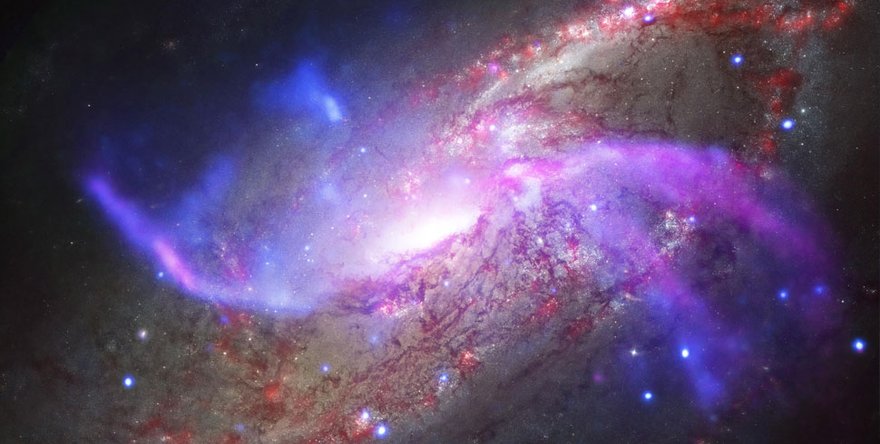San Francisco-based cloud operator Appirio is bringing together Harvard’s NASA Tournament Lab (NTL) and the [topcoder] community of 630,000 data scientists to tackle some of the world’s most complex modern challenges.
[topcoder]’s scientists, developers and designers have previously helped NASA and other US government agencies to track asteroids, improve deep space networking and quantify complex chemistry fusions, through the crowdsourcing of ideas.
The contributions, from scientists in 20 countries, have earned the [topcoder] US$1.5m.
Now the collaboration is to be extended, with Appirio providing the framework for communication.
NTL, established in 2011, teams NASA with the Institute for Quantitative Social Science at Harvard University.
Appirio is to be the medium through which [topcoder]’s scientists can contribute their knowledge of human exploration, science and space technology.
Previous successful collaborations persuaded the White House Office of Science and Technology Policy (OSTP) to ask NASA to create a body - the Center of Excellence for Collaborative Innovation (CoECI) – that could regulate this activity.
The CoECI will now educate, share best practices and measure the impact of crowdsourcing across all government agencies, including NASA.
Among the great mysteries to be explored via Appirio’s crowdsourced intelligence are the development of algorithms to hunt asteroids, an investigation of email messaging across outer space, the tracking of food intake in microgravity and a planetary data systems challenge which involves creating an algorithm that will help scientists better understand ring phenomena, ring structure and potentially finding new moons.
NASA’s Tournament Lab director Jason Crusan said as NASA pushes the boundaries of human imagination and innovation, its seen the value of a citizen-based professional crowd to complement our internal efforts and solve complex real-world challenges.
Cloud computing and crowd sourcing have jointly created a whole new way of thinking for NASA and other government agencies, he said.
“It gives us an additional set of on-demand tools to tackle complex projects,” Crusan said.

